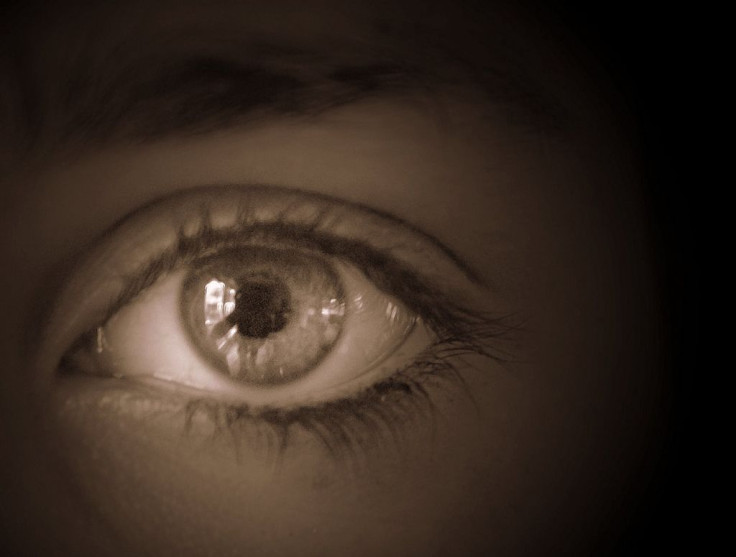Blind Woman With Dissociative Identity Disorder Spontaneously Regains Vision In A Few Of Her 10 Personalities

A blind woman in Germany baffled doctors when she spontaneously regained eyesight in all but two of her 10 personalities. Through therapy, the patient was able to completely regain her sight in the select few and become one of the most fascinating cases of psychogenic blindness in medical history.
The recent report, published in Psych Journal last month, describes the 33-year-old woman, referred to only as B.T., who slowly began losing her eyesight at age 20 after she sustained traumatic head and brain injuries in an accident, Braindecoder reported. By the time B.T. had began seeing a therapist for her dissociative identity disorder, previously referred to as multiple personality disorder, she was completely blind and required the help of a guide dog.
B.T. had a total of 10 personalities, all of which differed by name, voice, reported age and gender, gesture, attitude, facial expressions, personal inclinations, aptitudes, and temperament. In addition, some personalities would only communicate in English, others only German, and some were able to speak both.
After about four years of therapy, B.T. was able to spontaneously read the cover of a magazine during one of her sessions.
"The regaining of vision happened immediately after a therapy session in which a major traumatic event had been worked on. That was many years after the blindness first began," said Dr. Hans Strasburger of Ludwig Maximilian University in Munich, who saw the patient once for an fMRI, Braindecoder reported.
Soon more of her personalities regained the ability to see, and brain scans showed that the spontaneous recovery from blindness was real. Using a tool to measure B.T.’s brain electrical activity in response to visual stimuli, doctors observed that the visual areas of B.T.’s brain remained inactive during her blind personality traits and active in her sighted personalities.
Blindness with no organic origins, such as that exhibited by B.T., is known as psychogenic blindness. According to a 1998 study on non-organic visual loss, psychogenic blindness is rare and believed to account for only 1 percent of all visual problems seen by an ophthalmologist.
Psychogenic blindness is a type of conversion disorder — a physical condition that cannot be explained by physical damage. These conditions are usually caused by an extremely stressful or emotional crisis that will manifest as a physical problem. Other types of conversion disorders include inexplicable paralysis or speech problems.
Scientists are still not completely sure how individuals with this condition are able to switch their conditions on and off, but conversion disorders are usually treated with a combination of counseling and physical therapy. For B.T., therapy allowed her to regain sight in all but two of her 10 personalities.
"These presumably serve as a possibility for retreat," Strasburger told Braindecoder. "In situations that are particularly emotionally intense, the patient occasionally feels the wish to become blind, and thus not 'need to see.'"
Source: Strasburger H, Waldvogel B. Sight and blindness in the same person: Gating in the visual system. Psych Journal. 2015.



























